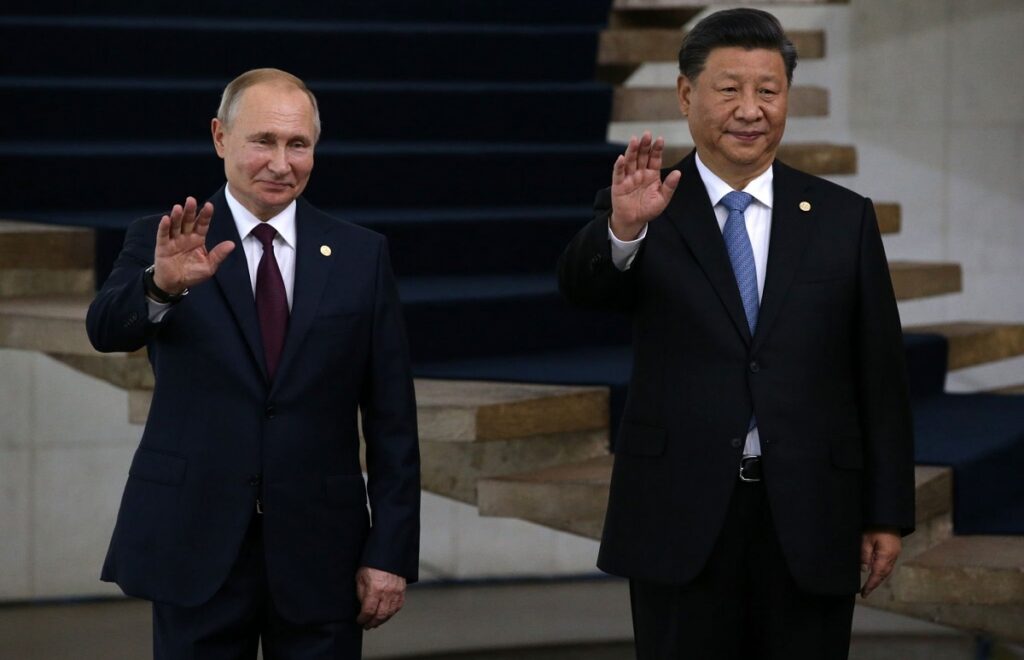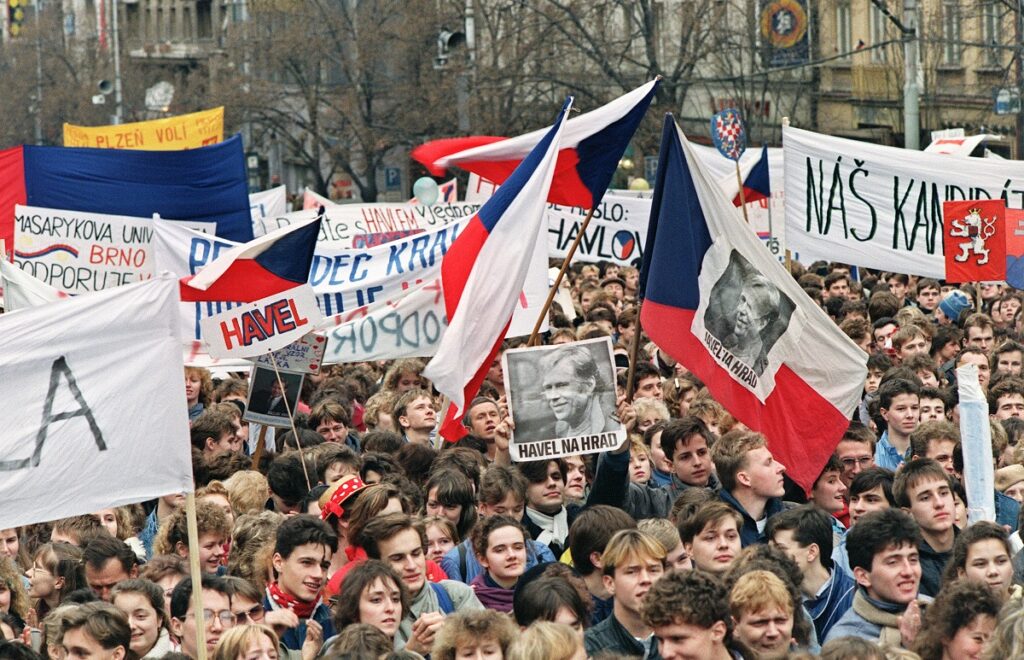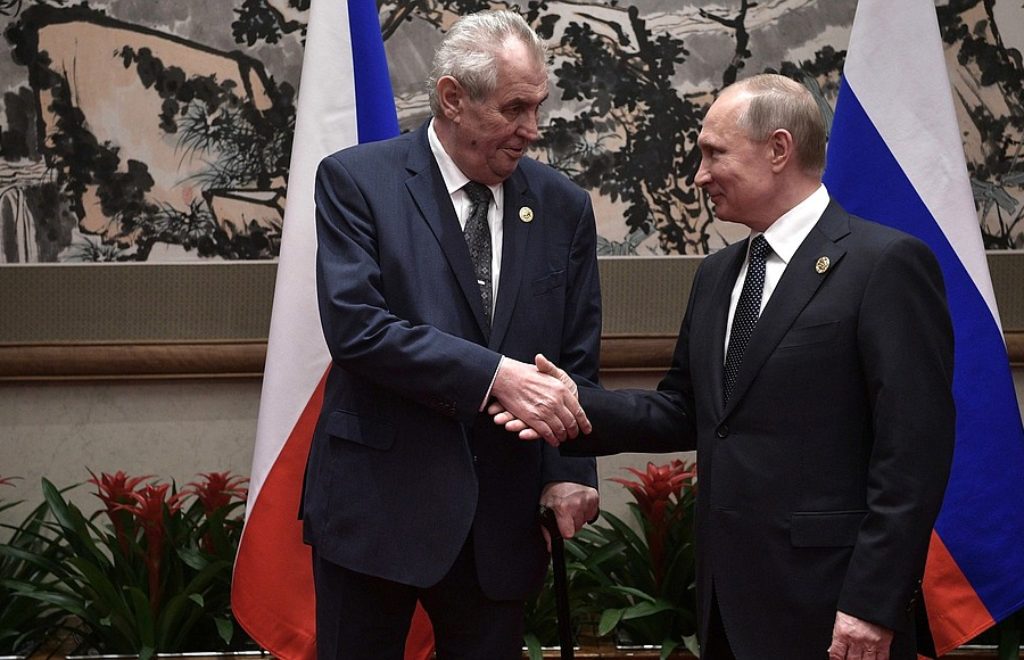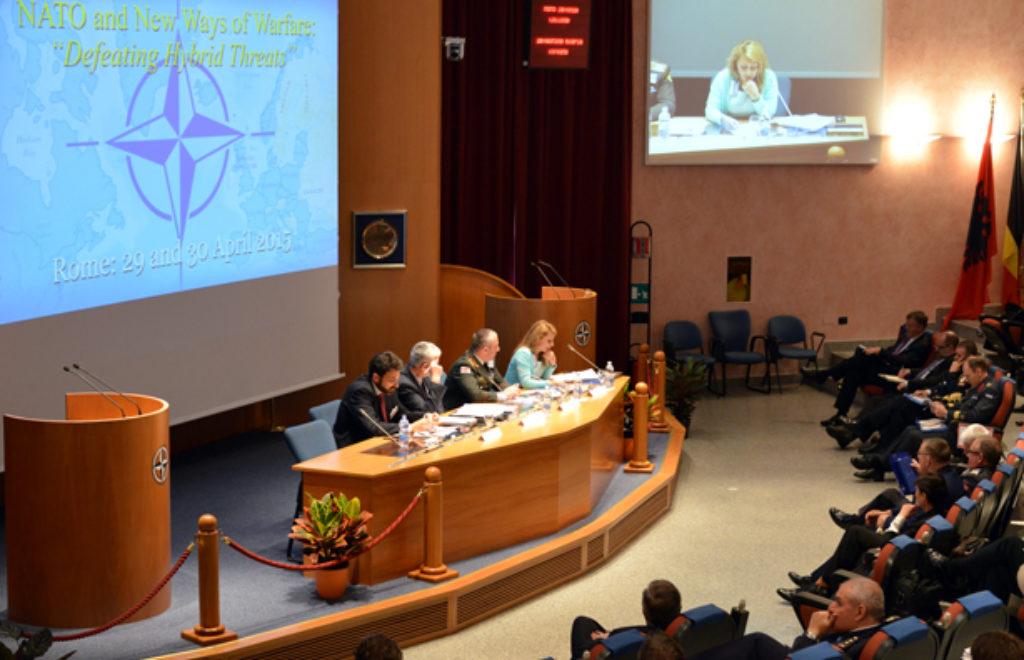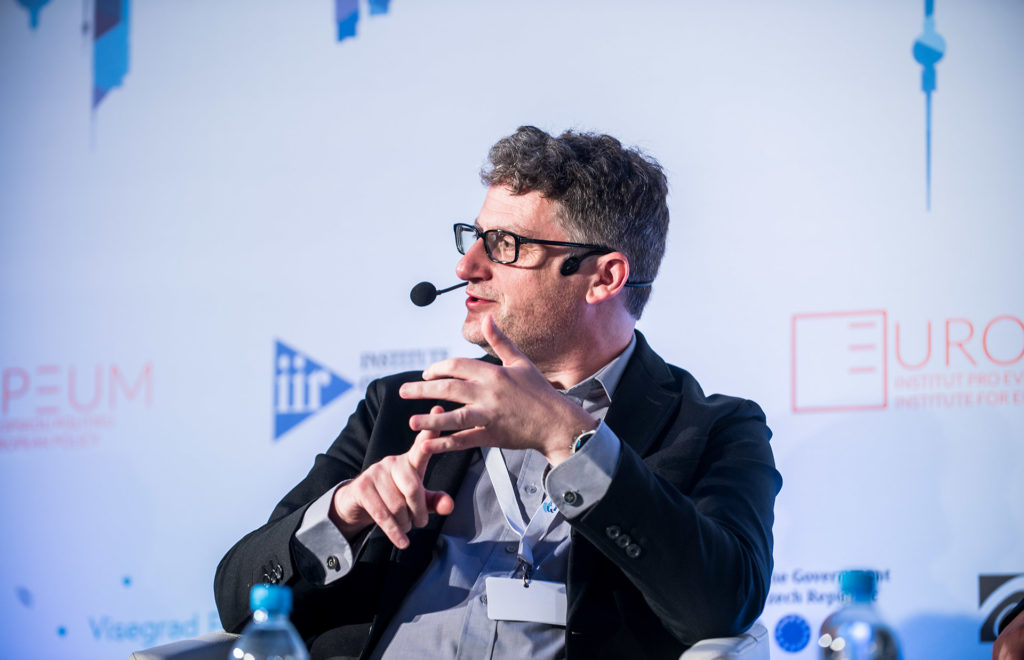A story about the Elbe. A story about Europe
I was commissioned to write a book about the Elbe river by the Labirynt Publishing House in Czechia. I have known the publisher – Joachim Dvořák – since 1990. Labirynt is known for publishing good books with very nice covers. That is why I was happy to receive its offer and more than anything else that the topic of my new book would be about the river. In my youth, I was racing in fast-flowing upper rivers.
November 16, 2023 - Jan Šícha



